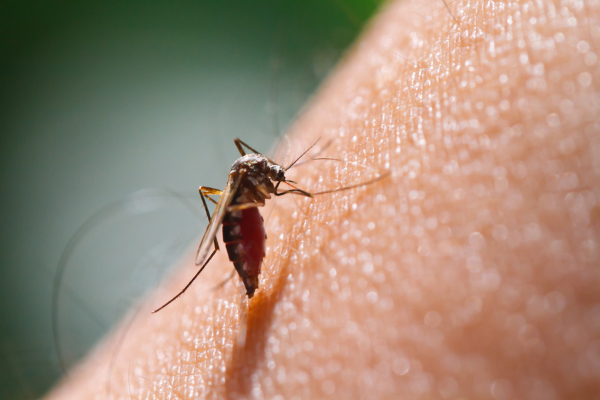In the past month, the Japanese Encephalitis virus has been detected in piggeries across Victoria, New South Wales, South Australia, and Queensland, with human cases of Japanese Encephalitis since emerging. The federal health department has now declared Japanese encephalitis a communicable disease incident of national significance.
Federal Agriculture Minister David Littleproud told the ABC the virus, previously only detected in Northern Australia, has moved south due to the changing climate, saying “The fact that it has effectively spread right across the eastern seaboard into South Australia says that this is a real threat that we need to take seriously.”. Tropical diseases spread further in humid climates, which is why it’s predicted that mosquito-transmitted diseases will spread to more parts of the world due to climate change.
How does Japanese Encephalitis Spread?
The virus occurs mostly in pigs and horses, but it is spread to humans via infected mosquitoes. It is not normally found in Australia but has now been detected in pigs in Victoria, NSW, Queensland, and South Australia. Although the virus develops in pigs and horses, it CANNOT be transmitted to humans by them (including from eating the animals). It also CANNOT be spread from person to person.
How you can protect yourself
Health authorities have asked that those living in areas of high mosquito activity protect themselves using effective insect repellents that contain DEET, picaridin, or oil of lemon eucalyptus. Good advice for all of us.
Should you be worried?
The vast majority of those infected via mosquito bite will not develop any symptoms and less than 1% will develop a serious illness. However, about 25-30% of symptomatic cases are fatal. According to Government advice, early symptoms include sudden fever, headache, and vomiting. The Government has urged those experiencing these symptoms to seek urgent medical attention, particularly it they’ve visited regions in eastern Australia or South Australia with high mosquito activity. More serious symptoms can include neck stiffness, severe headache, coma, and permanent neurological complications.
Is there a Japanese encephalitis vaccine?
There are vaccines available for protection against the Japanese Encephalitis virus for both adults and children however they are usually reserved for those travelling to Asia, the Torres Strait region, and other high-risk areas. Federal Health Minister Greg Hunt has said that work is underway for “targeted vaccinations” in outbreak areas.
Acting Federal Chief Medical Officer Dr Sonya Bennett has said “prevention is always better than a cure”. It is advised for people in areas of high mosquito activity to “use mosquito repellent containing picaridin or DEET on all exposed skin” and to “wear long, loose-fitting clothing when outside, and ensure accommodation, including tents, are properly fitted with mosquito nettings or screens.”
No products were found with the applied settings

